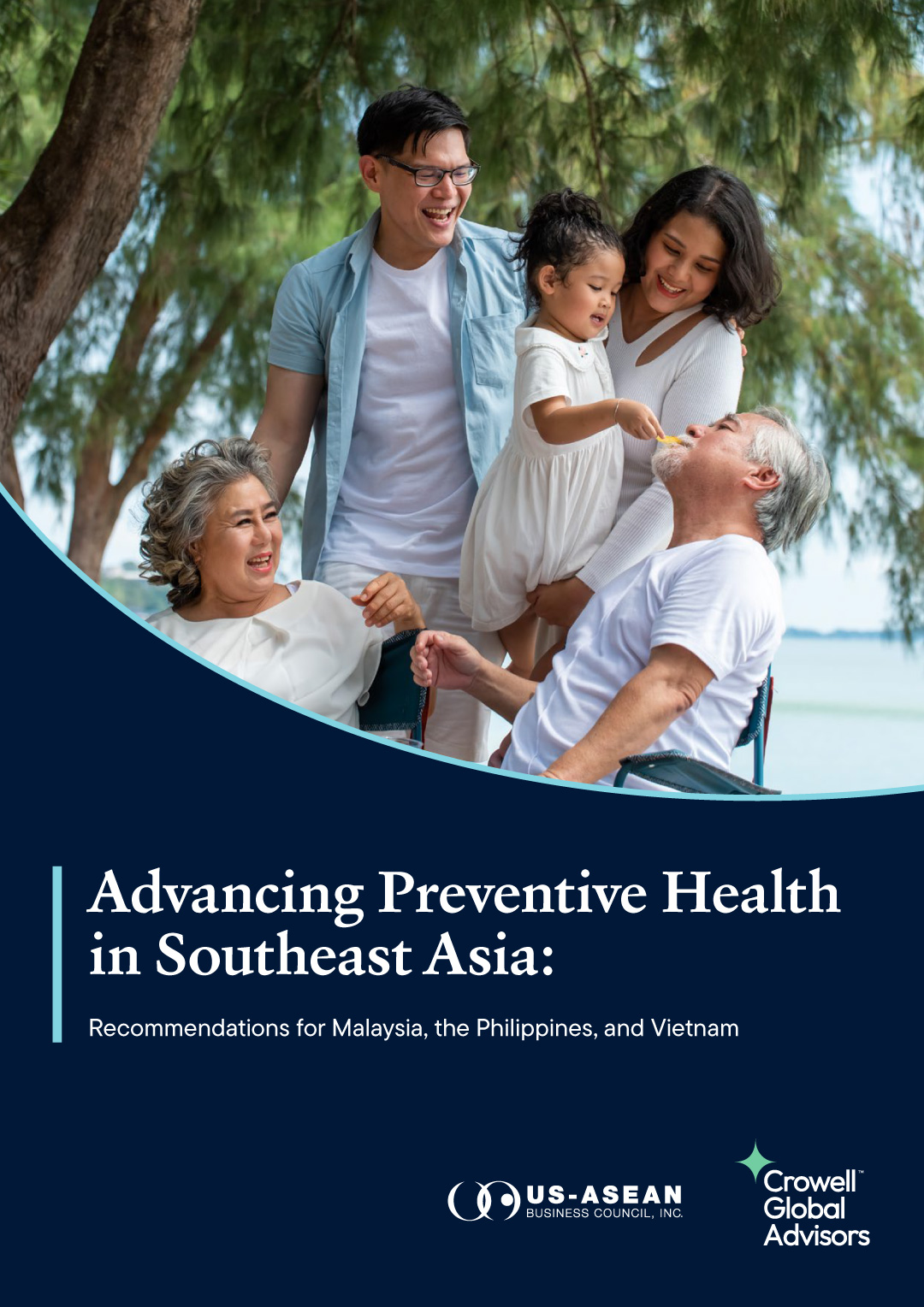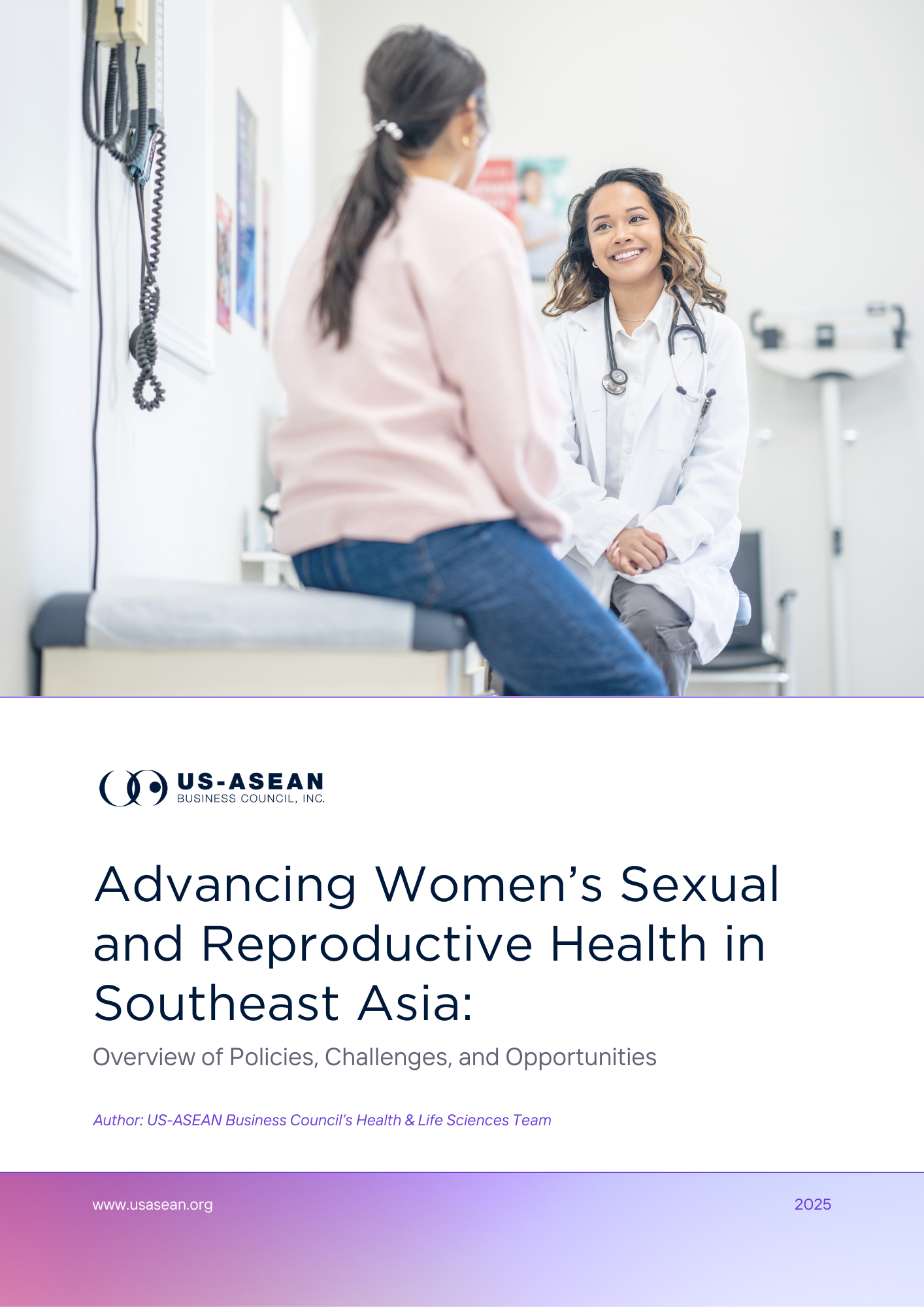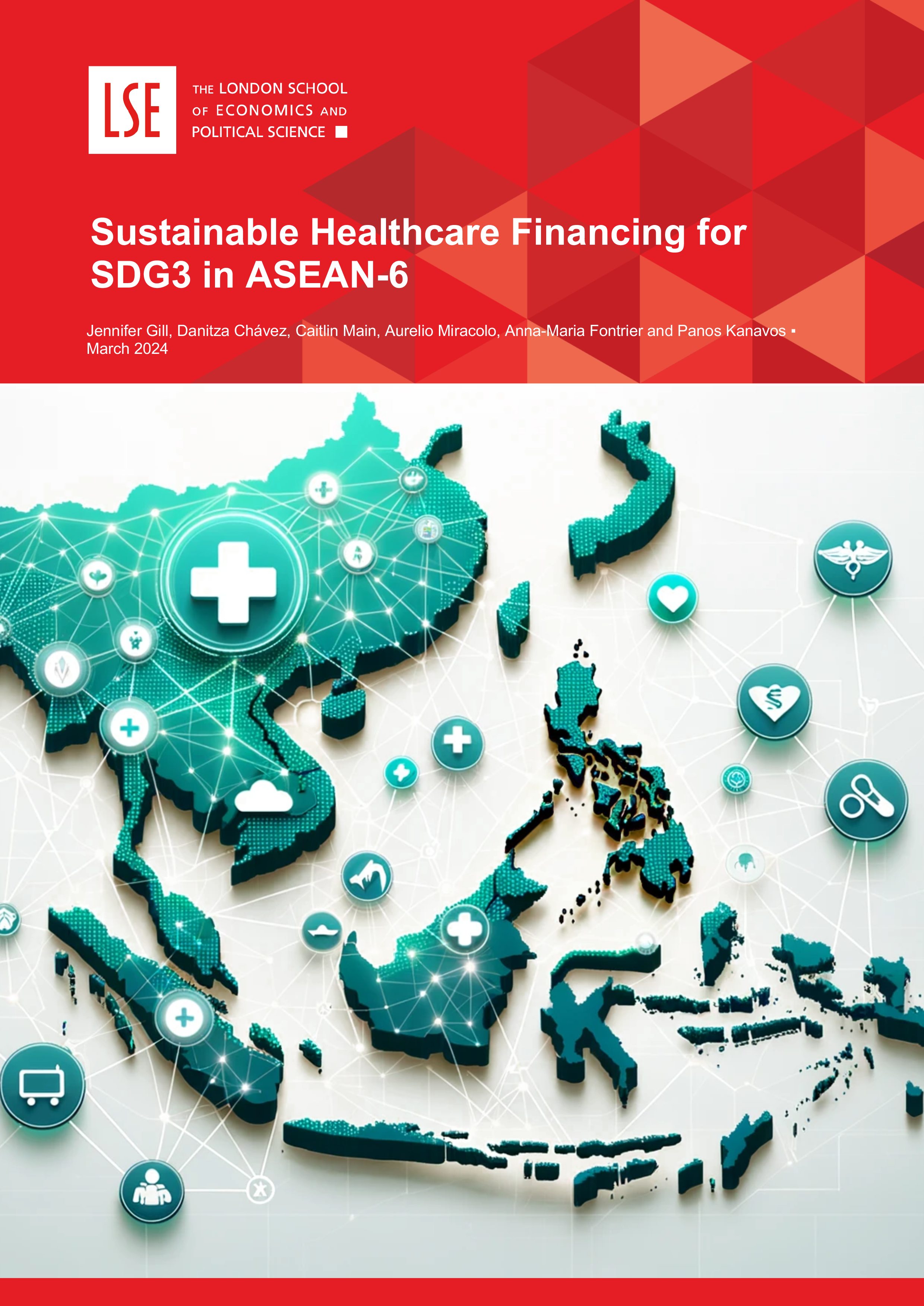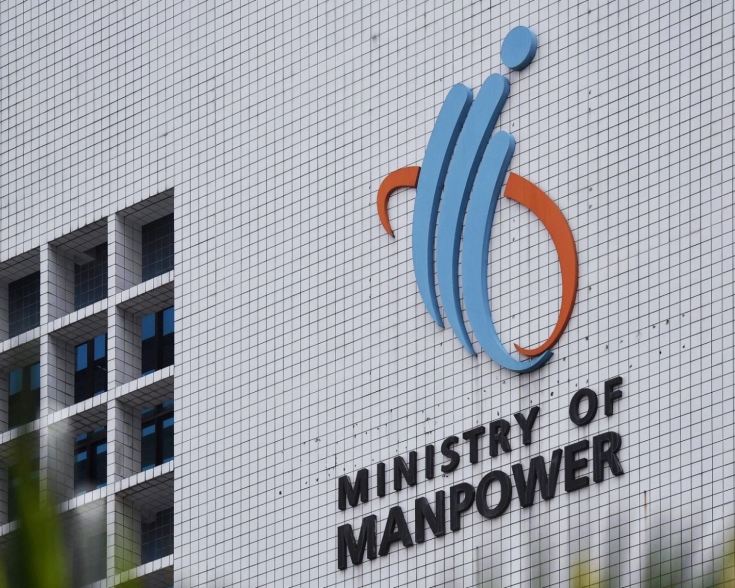Ministry of Health Reviews the Infectious Disease Act to Combat Possible COVID-19 Variants

The Singaporean Parliament passed amendments to Part 7 of the COVID-19 (Temporary Measures) Act, which provides the government with more power and flexibility to monitor and adapt to the evolving nature of COVID-19. As the health ministry continues to monitor the COVID-19 situation and the evolution of the virus, the amendments extend government’s powers to make regulations meant to protect Singaporeans from the pandemic. This includes imposing quarantine orders and restrictions on certain activities, group sizes, venue capacity, and business hours, when necessary. Furthermore, the extension will allow targeted public health measures to be implemented for the purposes of preventing, delaying, and controlling the spread of COVID-19.
The majority of Members of Parliament (MPs) supported the amendments to the COVID-19 (Temporary Measures) Act, seeing it as necessary tools in adapting to the uncertain and evolving nature of the virus. However, many called for additional clarification on specific indicators that could be used to monitor progress and determine whether such measures should continue to be in place. Revisions to the COVID-19 (Temporary Measures) Act are part of the Ministry of Health’s collective review on the Infectious Disease Act (IDA), Singapore’s main legislation to combat infectious diseases. As a result of the country stepping down to the green level of the Disease Outbreak Response System (DORSCON), Senior Minister of State for Health Janil Puthucheary remarked that the ministry aims to permanently incorporate provisions under Part 7 of the COVID-19 (Temporary Measures) Act into the IDA and rely on the latter to manage new variants of concern as a way of scaling down COVID-19 measures while affording agility to cater to different situations.







